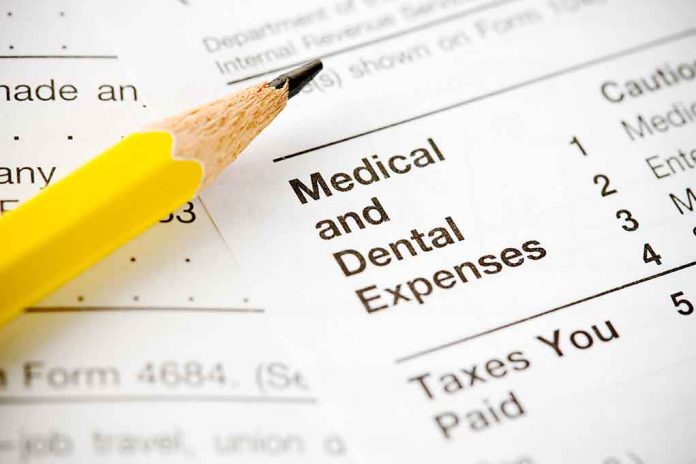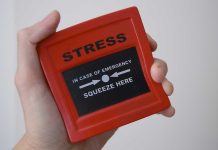
(DailyDig.com) – People who are receiving SNAP benefits want to get the absolute maximum their are entitled to. Many people, however, don’t know the various tricks for increasing the amount of their benefits. This is not cheating, it’s simply using all of the deductions they can find.
One such is the SNAP medical expense deduction.
How Does the Medical Expense Deduction Work?
When SNAP benefits are calculated, they consider the recipient’s income, household size, and some expenses. These expenses, which are considered “necessary,” are deducted from their income before they calculate the benefits.
Lower income leads to higher benefits.
Some medical expenses, for some people, are taken into account. Many people, however, do not know this and neglect to claim these deductions, resulting in a lower SNAP allocation than they deserve. In fact, only 5% of households on SNAP claim this deduction.
Who Can Deduct Medical Expenses?
Not all SNAP recipients can deduct their medical expenses. To get the deduction recipients have to be 60 or older or receive either Supplemental Security Income or disability benefits. They are also eligible if you receive an annuity under the Railroad Retirement Act and are eligible for Medicare. Veterans who are permanently homebound or receive a total and permanent disability award or aid and attendance payments are also eligible, as are the surviving spouses and children of veterans who were permanently disabled.
Only the disabled or elderly person can claim the deduction. Medical expenses for other people in the household cannot be deducted. They also have to have medical expenses that exceed $35 a month.
What Can Be Deducted?
The following are considered legitimate medical expenses:
- Fees paid to a doctor or dentist.
- Prescription drugs
- Hospital treatment, inpatient or outpatient
- Nursing home care
- Home nursing care
- Medicare premiums
- Health insurance premiums
- Dentures, hearing aids, prosthetics, and eyeglasses
- Costs of a service animal including training, dog food, and vet bills. This must be a service animal – you cannot deduct the expenses of an emotional support animal.
- Transportation to obtain medical treatment
- Hiring extra help around the home.
They cannot, however, deduct food or marijuana, even if prescribed by a doctor. Also, some states may not grant all of these deductions, so make sure you are aware of the rules for your state.
How To Claim the Deduction?
They can claim the amount you pay each month for ongoing expenses for that month. One-time expenses can be deducted in one month or they can be spread over the recipient’s remaining recertification period.
Which is better depends on specific circumstances, and recipient’s should ask their caseworker which method will be best for them.
Recipients should keep all receipts so that they can demonstrate that the medical expense is legitimate. Unfortunately, medical expenses are sometimes challenged.
What To Do If The Deduction is Denied?
If a medical expense deduction is denied, often because the expense is not seen as legitimate, recipients can request a hearing within 15 days. Waiting longer than that risks affecting their benefits. If they lose the appeal, they may have to pay some money back.
It is up to them to decide whether to appeal, especially as they may need a lawyer to do so. But if they have a significant legitimate medical expense, such as hospitalization, and it is denied, they may lose out on significant extra benefits. Very few people get the full amount, and most people are not claiming all of their deductions.
People over 60, or who are receiving disability, or who are disabled veterans, are eligible to deduct most medical expenses from their income for the purposes of determining SNAP benefits. Many, however, do not. Getting all of the deductions can make the difference between being able to afford to eat and not, so it is important to know what you are entitled to and how to get your maximum SNAP benefits.
Copyright 2022, DailyDig.com













